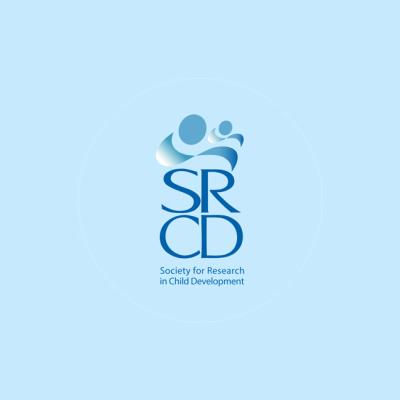Best-Practice Forensic Interviewing Guidelines: Implications for Questioning Immigrant Children
A University-Based Child and Family Policy (CFP) Consortium webinar held in collaboration with SRCD.
In this webinar, key areas of consensus from scientific research on forensic interviewing will be reviewed with an eye toward recommendations that are applicable to questioning of immigrant children and adolescents who arrive at U.S. borders. Topics covered include:
- a review of the types of information elicited from immigrant children relevant to their immigration status,
- child and interview characteristics that reduce children’s disclosure and accuracy,
- interview methods that may overcome barriers to disclosure and increase accuracy, and
- the type of training and supervision that would be necessary for adequate interviewing of immigrant child populations.
Webinar presenters include Drs. Jodi Quas and Thomas Lyon, authors of the Society for Research in Child Development (SRCD) Child Evidence Brief, “Questioning Unaccompanied Immigrant Children: Lessons from Developmental Science on Forensic Interviewing.”
Speakers
- Jodi Quas, Ph.D., Professor, University of California, Irvine
- Thomas Lyon, J.D., Ph.D., Professor, University of Southern California Gould School of Law
- Carson Scott, M.Ed., Law Student, Esperanza Immigrant Rights Project
About the University-Based Child and Family Policy Consortium
The University-Based Child and Family Policy Consortium is a network of more than 25 university-based institutions—including centers, schools, departments, and programs—that have an interest in child and family policy. The Consortium engages members around the core components of the Consortium’s mission: To share the latest findings and strategies for conducting policy-relevant research and to facilitate collaboration across our member institutions; to encourage cross-disciplinary undergraduate and graduate training to support the next generation of child and family policy researchers; and to foster effective translation between research, practice, and policy audiences.


